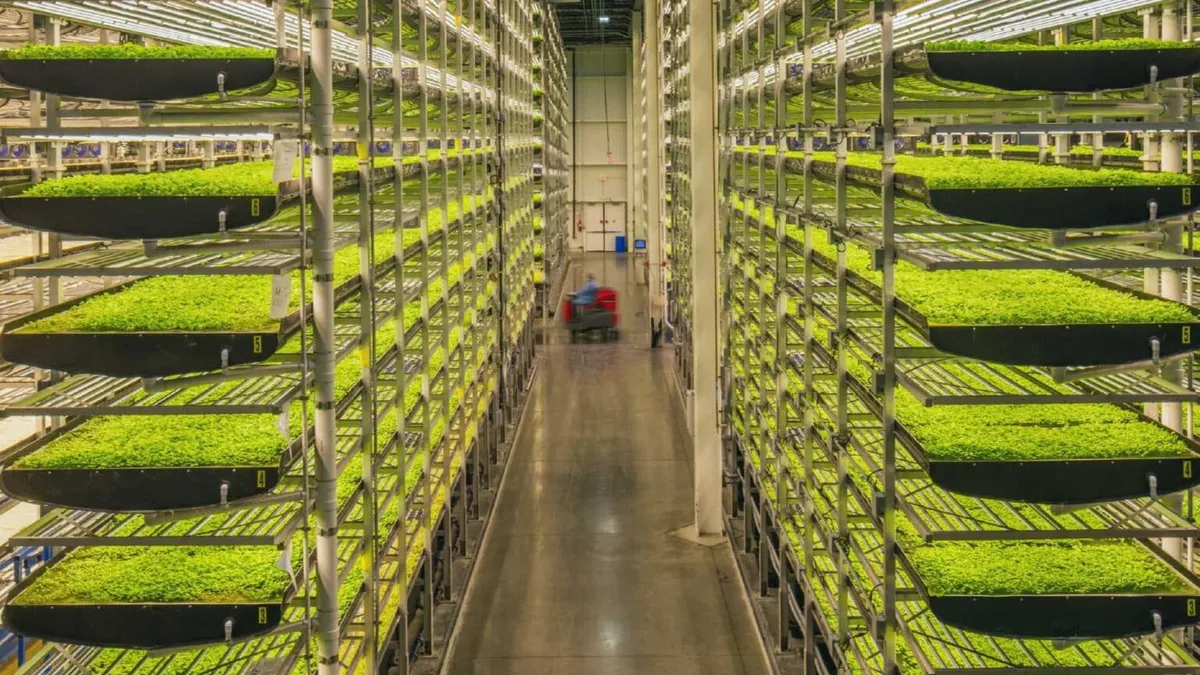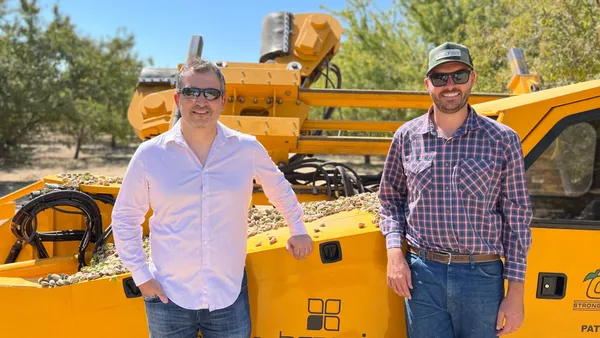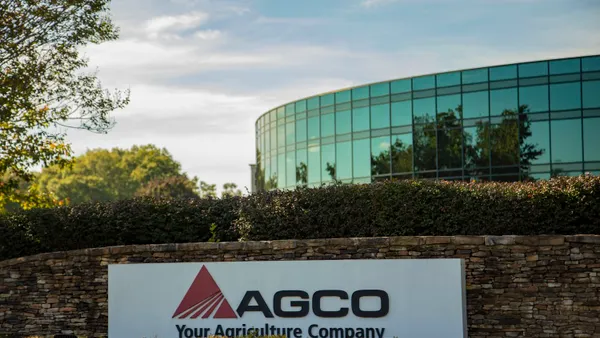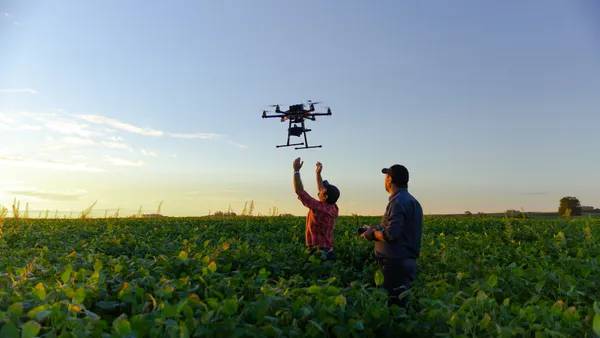Dive Brief:
-
Aerofarms, Inc. has exited from Chapter 11 bankruptcy and is positioning itself for growth under new leadership, the vertical farming and microgreens company said Monday.
-
A Delaware bankruptcy court approved Aerofarms’ plans for its assets to be purchased by a group of existing investors, allowing the indoor greens grower to strengthen its balance sheet and inject funds into its flagship operation in Danville, Virginia.
-
The company tapped Molly Montgomery, a venture partner with lead investor Grosvenor Food & Ag Tech, as acting CEO and chair of Aerofarms’ board of directors. Aerofarms said changes are being made to deliver a more scalable, profitable business as others in the industry struggle financially and shut down.
Dive Insight:
Aeofarms, considered a pioneer in the indoor farming space, is rebuilding a few months after filing for Chapter 11 bankruptcy protection with plans to operate more efficiently. At this point, the company said it will focus exclusively on the ramp-up of its Danville farm, one of the more profitable pieces of the business, and eliminate spending for all other projects.
“This marks a new chapter in the maturity and growth of AeroFarms,” Stephan Dolezalek, managing partner of Grosvenor Food & AgTech, said in a statement. “AeroFarms’ founders established the world’s most advanced vertical farming technology. We have now put in place changes needed to deliver on their vision.”
As part of the restructuring, Montgomery will take the helm of Aerofarms. She previously was the CEO of Custom Made Meals and Landec Corporation and has experience overseeing suppliers of protein, vegetable and salad kits. She sits on the boards of several companies across the agricultural supply chain, including Wilbur-Ellis, The Wine Group and Benson Hill.
“AeroFarms is a testament to the innovative thinking required to deliver highly nutritious food in a more sustainable and cost-efficient manner,” Montgomery said in a statement. “The Danville Farm is an impressive operation, leveraging proprietary technology to deliver a fresh product that is less vulnerable to climate-related threats.”
A variety of microgreens are grown and distributed on a year-round basis at the Danville location, where several automation projects have been completed to improve operations. Currently, Aerofarms’ greens can be found in more than 2,000 stores across the U.S., including Whole Foods, H-E-B, and other retailers.
Aerofarms said it wants to complete the Danville ramp-up by the end of 2023 and reach profitability soon after.
In recent years, financial woes related to economic uncertainty and high operating costs drove skepticism among investors in the vertical farming sector. In late 2021, a deal to merge Aerofarms with Spring Valley Acquisition Corp and go public was called off.
Despite headwinds related to conservative venture funding and exorbitant electricity costs, more indoor farms are being built to meet demand for sustainable produce.
Plenty Unlimited opened a massive indoor farm in Compton, California this summer to grow up to 4.5 million pounds of leafy greens for partners such as Walmart and Whole Foods stores along the West Coast. Meanwhile, startups Edible Garden and Local Bounti are focusing on scaling their businesses with additional production capacity for retailers in the Midwest and other parts of the country.











